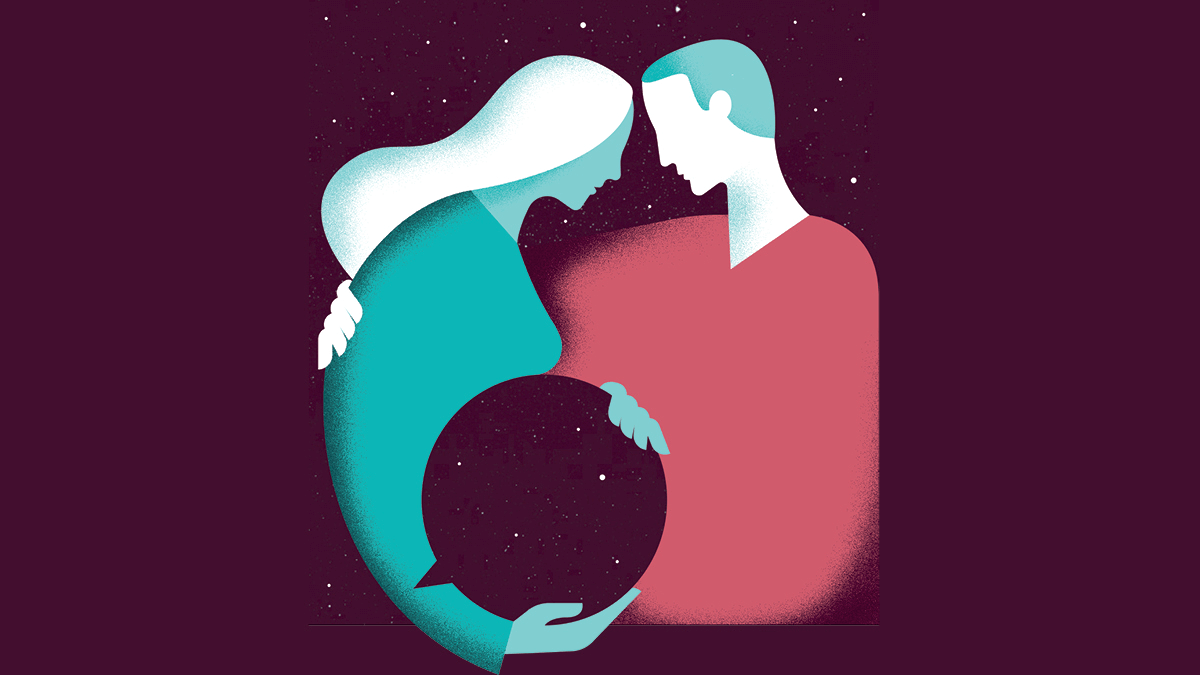
“A man’s true character comes out when he’s drunk.” – Charlie Chaplin
There are many intoxicated personalities that people can have. Mean drunk, happy drunk, sappy drunk, sad drunk, or angry drunk. I mean, I have met my share of mean drunks and happy drunks but what do you do when you come across an angry drunk?
How do you handle an angry drunk? One who is aggressive or violent?
In this blog, you’ll read who is an angry drunk and how to deal with an angry drunk person.
Who’s An Angry Drunk?

There are many reasons why some people are angry drunks. One of the main reasons is because they have an aggressive personality, either hidden or known. When an aggressive person gets intoxicated, the alcohol causes them to lower their shields tightly holding their anger back.
Alcohol diminishes a person’s cognitive abilities and makes it more difficult for them to weigh their options and solve problems in a healthy, constructive way.
While many people drink to release stress and unwind after a long day, for some people with aggressive personalities, alcohol use disorder, other mental health disorders, or personality disorders, drinking alcohol might have the opposite effect. For example, if your partner has an aggressive personality or, say, they simply had a stressful day at work, alcohol might lower their inhibitions and they might release their pent-up anger and frustration on you.
Alcohol also lowers your ability to judge situations and make reasons which can also affect your behavior. While it’s okay to drink a glass of wine or a pint of beer with your friends at the end of the day to unwind, it is not recommended you drink and drive.
Why An Angry Drunk?
Some reasons can make a person an angry drunk:
1. Short Temperament: One of the main reasons why someone is an angry drunk can be because they have a short temper. Naturally aggressive people are more likely to be angry drinkers.
2. Anger Suppression: Alcohol makes us drop down our shields. There are times when people hide their anger when they are sober but once they get inebriated, they lose the sober facade and become angry drunks.
3. Impulsive Behavior: People who are less likely to think about the outcomes of their behaviors are more likely to become angry drinkers. Alcohol impacts serotonin levels which means our emotions and feelings are enhanced when we’re drunk. People with impulsivity or lack of self-control are also more likely to be angry drunks.
Read: How Does Workout Help Reverse Alcohol-Induced Brain Damage
How To Deal With An Angry Drunk?
If there is an angry drinker in your life – whether they be your spouse, partner, friend, sibling, or parent, here are ways on how to handle them:
1. Stay Calm
One of the most important things when dealing with an angry drunk is to remember to stay calm. If an angry drunk is provoked, they might lash out in worse ways than just words.
If you’re agitated and angry, it will only feed their aggression. Instead of telling them to calm down, try to stay calm yourself. If you’re having trouble controlling your anger, take a deep breath, and instead of reacting, stay silent.
2. Distract Them
Not always but in some cases, distractions can help deflect a conflict fueled by alcohol. Distraction can help diffuse a negative situation from worsening. If you see your drunk loved one getting angry, distract them – start a new topic or take them away from a situation that you think is triggering their anger.
With distractions, you need to be careful and sensitive. Make sure you don’t distract them with something that will fuel their anger.
3. Walk Away
If your loved one is an angry drunk and is spoiling for a fight with you, sometimes it’s better to walk away than engage in an argument. An angry drunk person is also unable to control their emotions but a sober person can.
To avoid a situation getting more violent and aggressive, sometimes it is easier to walk away. If an angry drunk is in a fight with another person, it is recommended you take them away from the situation.
4. Focus On Yourself
If your loved one is an angry drunk, please remember that it’s not your fault and you can’t do much about it. All you can do is be there for them when they need you and make sure you’re focusing on yourself. If the situation with your loved one is affecting your mental health, then take a break.
Practice self-care, spend time with your friends and give yourself a day to relax. You need to take care of yourself before you can take care of your loved one.
5. Talk To Them
It’s always a good idea to talk to your loved one about their problem whether it be alcoholism or being an angry drunk. Let them know how their actions are affecting you but remember to be gentle yet firm. Stay calm and keep a cool head. You being angry and accusing will not help your loved one.
6. Support Them
When your loved one comes to you with an alcohol addiction problem, support them. Give them a chance to explain themselves and their behavior. Instead of making excuses for their behavior, encourage them to take responsibility for their actions. Support them but don’t enable their behavior.
7. Get Help For Them
When your loved one’s drinking goes out of control, it is suggested you try and get them help. Encourage them to get help if they do express an interest in recovering from alcoholism. There are alcohol addiction recovery apps that you can download or reach out to rehab centers for recovery services.
What To Do If You’re An Angry Drunk?
If you’re an angry drunk and want to change your behavior, then you can try:
1. Identifying your triggers. Think about the situations that make you angry and lose reason. Identify where your anger is coming from and try to avoid it if you can.
2. Practice mindfulness. Regular meditating and practicing mindfulness can help you control your emotions. Practicing mindfulness will not make your anger go away but it will help you reflect on it and understand where the anger is stemming from. It can also help you watch your actions and be aware of your behavior in general.
3. Limit alcohol intake. If you are someone who doesn’t remember your actions when drunk, it is recommended you limit your alcohol intake. Sometimes, it is easier to use alcohol to deal with stress and overwhelming emotions but getting drunk can also make you explode and release pent-up anger and frustration.
If you’re an angry drunk and want to change your habits, you can reach out to professional counselors and rehab centers. You can also ask for support from your loved ones. There are addiction recovery apps that can help you in your recovery or you can help your loved ones in their recovery.
Don’t know how to deal with an angry drunk?
Read: Best Drug Addiction Rehab Centers Of 2021
For more information, you can always write to us at info@calmsage.com or follow us on our social media.
Until then, take care and stay safe!









